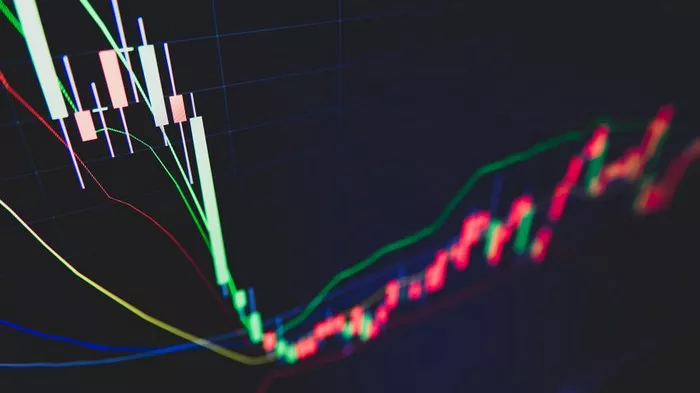In the world of finance, futures contracts are a popular tool for investors who want to speculate on the future price movements of various assets. Dow futures in particular are futures contracts that track the performance of the Dow Jones Industrial Average (DJIA), an index of 30 large publicly traded companies in the United States. In this article, we will explore how Dow futures work and what investors need to know before trading them.
What are Dow Futures?
Dow futures are financial contracts that allow traders to make bets on the future direction of the Dow Jones Industrial Average. The DJIA is an index of 30 blue-chip stocks that are widely regarded as representative of the overall stock market in the US. The futures contract represents an agreement to buy or sell the DJIA at a specific price and date in the future.
How Do Dow Futures Work?
When an investor buys a Dow futures contract, they are agreeing to buy the underlying asset (the DJIA) at a predetermined price and date in the future. If they believe that the DJIA will increase in value, they would buy a futures contract with a long position, which means they will profit if the DJIA rises above the agreed-upon price. On the other hand, if they expect the DJIA to decrease in value, they would take a short position, which means they will profit if the DJIA falls below the agreed-upon price.
Unlike buying and selling individual stocks, trading futures allows investors to profit from both rising and falling markets. This is because futures are leveraged instruments, meaning that investors can control a larger amount of assets with less capital than they would need to purchase the actual underlying asset. However, this also means that futures trading carries significant risks, as losses can be magnified just as much as gains.
How to Trade Dow Futures
To trade Dow futures, investors must open a futures trading account with a brokerage that offers futures trading. Before investing in futures, it is important to understand the risks and potential rewards of this type of trading, as well as the mechanics of placing orders for futures contracts.
One major difference between buying and selling individual stocks and trading futures is the way trades are executed. In stock trading, investors can buy or sell shares at any time during market hours, while futures contracts trade only during specific hours on specific days. Additionally, futures prices fluctuate constantly throughout the trading day, so investors must be prepared to manage their positions actively.
Factors That Affect Dow Futures
Like other financial instruments, the price of Dow futures is affected by a variety of factors, including economic data releases, geopolitical events, and market sentiment. Some of the most significant factors that can impact Dow futures include:
-
Economic reports
Investors closely monitor economic indicators such as GDP, unemployment, inflation, and manufacturing data, as these reports can affect investor sentiment and the overall direction of the stock market.
-
Geopolitical events
Global events like wars, natural disasters, and political upheavals can cause uncertainty in the markets and lead to increased volatility in futures prices.
-
Interest rate policy
The Federal Reserve’s decisions on interest rates can have a significant impact on the stock market and futures prices, as changes in interest rates can affect borrowing costs and corporate profits.
-
Company earnings reports
Earnings reports from individual companies can also impact the DJIA and Dow futures prices, as positive or negative results can influence investor confidence in the broader market.
Risks of Trading Dow Futures
Trading Dow futures carries significant risks and is not suitable for all investors. These risks include:
-
High leverage
Futures trading allows investors to control large amounts of assets with relatively small amounts of capital, but this also means that losses can be magnified just as much as gains.
-
Volatility
Futures prices can be highly volatile, and investors must be prepared to manage their positions actively to avoid significant losses.
-
Margin calls
If an investor’s futures account falls below a certain threshold, they may be required to deposit additional funds to meet margin requirements or risk having their position liquidated.
-
Counterparty risk
Unlike trading stocks, which are traded on regulated exchanges, futures contracts are privately negotiated between two parties. This means that investors are exposed to the risk that their counterparty will not fulfill their contractual obligations.
Conclusion
Dow futures contracts are a popular tool for investors looking to speculate on the future direction of the Dow Jones Industrial Average. However, trading futures carries significant risks and should only be undertaken by investors who understand the potential rewards and the mechanics of futures trading. By understanding the factors that influence Dow futures prices and managing risk through active position management, investors can potentially profit from both rising and falling markets.

